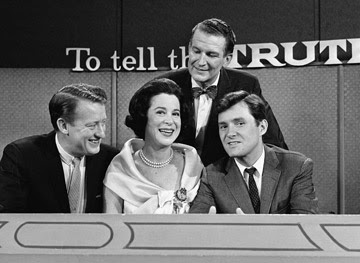ARE YOU THERE GOD? IT IS I, ROBOT?
from ‘The Meaning of Life
and Other Fictions’*
and Other Fictions’*
- a novel in progress by Tom Cho
I’ve been going through a “Let’s write about robots” phase.
I really enjoy writing about robots. However, surely I’m not the only writer to fantasise about getting a robot to do my writing for me?

Nominated by Prism International for a Pushcart Prize,** Tom Cho’s “Are You There God? It Is I, Robot” is an extremely engaging and unique take on iconic texts and age old themes. Citing the central relationship in the musical My Fair Lady as a misogynist connection between “a phonetics professor and a Cockney flower girl” was a striking moment in a fall reading at Glad Day Bookstore’s Naked Heart Literary Festival. This was a refreshing reminder of how intertextuality can unite the old and the new - the past and the future.
A complex, intricately woven narrative, described by Cho as - "written from the point of view of an unnamed protagonist who encounters Robot Judy Blume, who shares [with him] a novel she has written...thereby leading into the story-with-a- story featuring Robot [a robot named 'Robot' who represents another protagonist character within Cho's novel]."
*
Cho’s direct and very effective performing style, while reading from the excerpt, matches his writing style - as seen in Prism - as an at times spare and engaging tone describing the dilemma of the central character who finds herself in the midst of futuristic connections to historic authors from the past.
"At this point , a beam of light emits from Robot Judy Blume’s chest, projecting an image of a page before me, projected at a perfect reading height."
Later a robot protagonist (named Robot) finds herself watching an old Hollywood musical on television depicting the relationship regarding the flower girl and the phonetics prof who attempts to teach “her to speak a variety of English that's accorded high prestige.” Cho’s use of the class and gender relationship that the My Fair Lady reference evokes is a clever device that draws readers into the text and keeps the actions and the thought processes of his unique characterizations moving forward in fascinating and entertaining ways.
"Although she did not have access to a misogynist and classist professor of phonetics with an authoritarian teaching style, Robot knew that this was okay. She had already worked out that if this film was anything to go by, the only tolerable way for her to learn what was required of her was distance education or some other approach that emphasized self-directed learning."
The subtly comic tone of this segment - giving the young female robot a kind of independent feminist agency - and the overall excerpt, is an exciting indication of what the overall novel embraces as it journeys through “The Meaning of Life and Other Fictions.”
Truth and fiction unite in a way that gestures toward the blend of what was once sic-fi (Robot narratives) and a contemporary environment where the presence of robots begins to blur with our sense of 'human' self identity. The varied truths of humanity, artificial intelligence, and multiple meanings for various life forms are welcome themes in a world where the meaning of life becomes less and less clear as each new day trumps our sense of hope with yet another dire forecast. Like his earlier work in a collection of frequently whimsical and enlightening flash fiction (LOOK WHO'S MORPHING - see above image) Cho’s new work breathes life - and hope - into literary forms both old and new.
* from Prism International's Spring 2016 issue, excerpted from Tom Cho's novel in progress "The Meaning of life and other Fictions' - section from novel in progress entitled; ARE YOU THERE GOD? IT IS I, ROBOT
for further info go to -
http://tomcho.com/wp/signing-literary-agent-pushcart-prize-nomination/
**The Pushcart Prize is an annual US literary competition that honours work that has been published in small presses.








